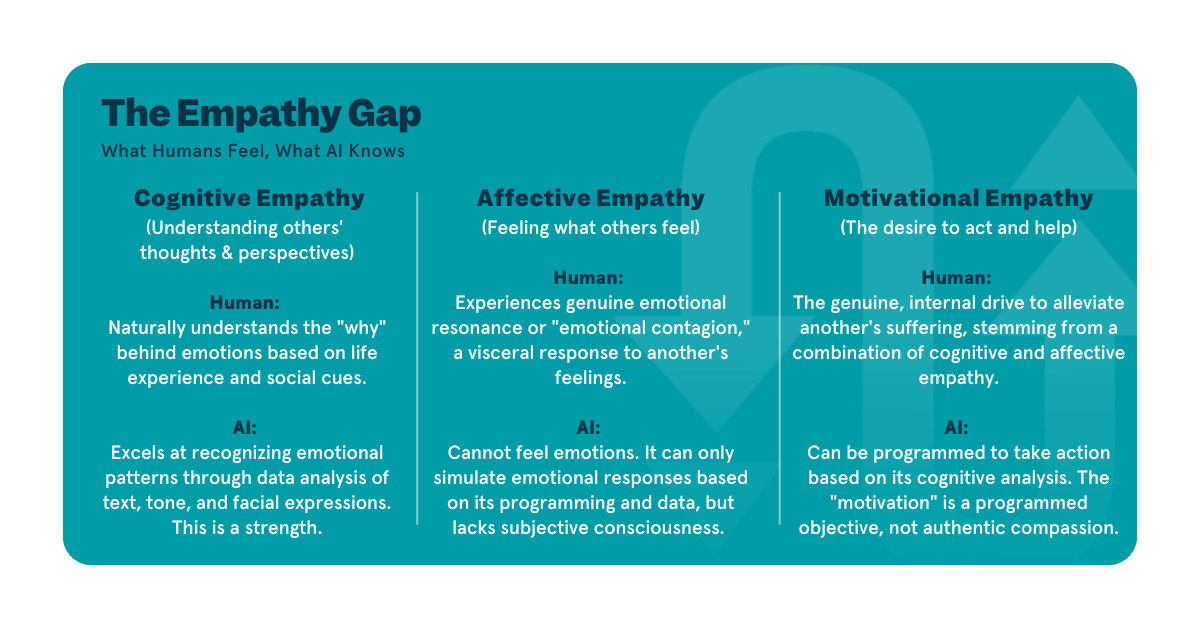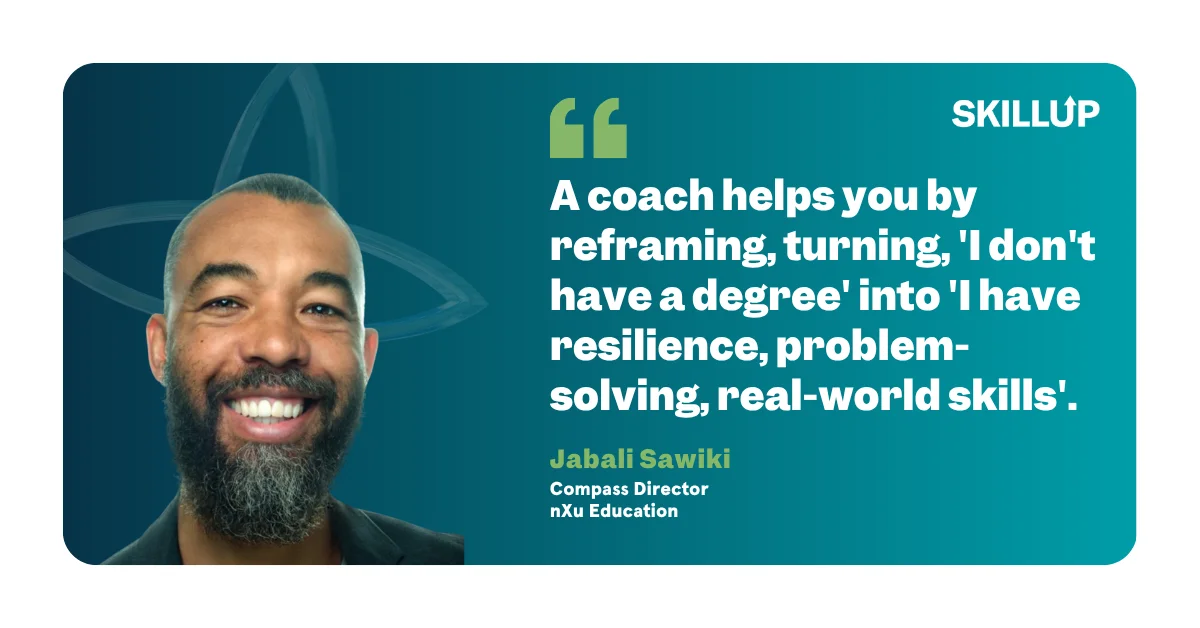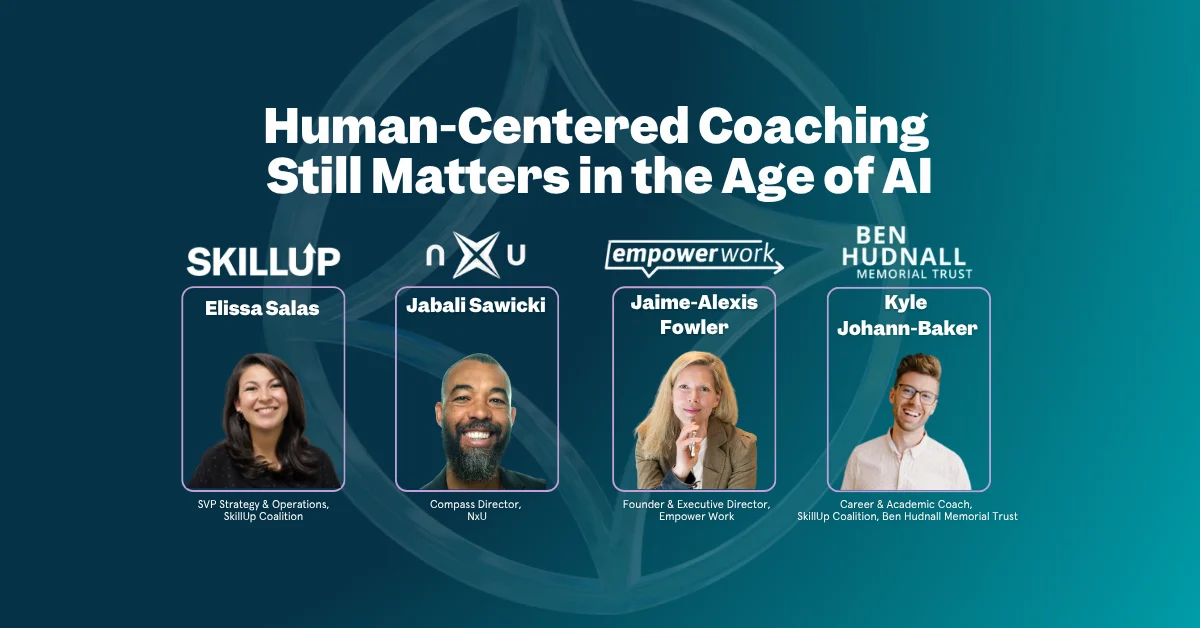In a rapidly evolving technological landscape, the interplay between artificial intelligence (AI) and human-centered coaching forms a fascinating nexus for workforce development. This blog post distills key insights from the recent webinar held by SkillUp Coalition, featuring distinguished panelists who explored the enduring importance of human-centered career coaching amidst AI advancements.
The Human Connection: More Crucial Than Ever
In a world increasingly dominated by AI, the need for human connection remains indispensable. A key theme throughout, while AI tools can enhance career navigation, they cannot replace the nuanced human support essential for building confidence and resilience in job seekers, particularly those skilled through alternative routes (STARs).
"AI can be great to give us that motivation, and then is where we're having that human connection aspect that we can see that growth really expand on." - Kyle Johan-Baker, Career Coach
Unpacking Human-Centered Coaching: Understanding Empathy's Role
Jaime-Alexis Fowler, Founder and CEO, of Empower Work, a text-based 1:1 career advisement platform, illuminated the multifaceted nature of empathy in coaching. She explained that while AI may mimic cognitive empathy, it lacks the ability to foster affective and motivational empathy—qualities innate to human interaction.
"When you're connecting with someone else, there's cognitive empathy, effective empathy, and motivational empathy. Humans still have three of those pieces that AI only has one of." - Jaime-Alexis Fowler

The Value of Purpose
Jabali Sawiki, Compass Director at nXu, which supports students through purpose-development and social-emotional learning, stressed the transformative power of purpose-driven coaching. Purpose not only provides direction but also reframes experiences, fostering resilience and confidence.
"A coach helps you by reframing, turning, 'I don't have a degree' into 'I have resilience, problem-solving, real-world skills'." - Jabali Sawiki

The Role of AI: Opportunities and Challenges
AI offers both opportunities and challenges in coaching. A recent webinar explored how AI can augment, not replace, human coaches. AI excels at processing data, identifying patterns, and offering insights (e.g., analyzing communication, tracking progress, personalized resources, and real-time feedback), thereby improving efficiency and effectiveness. However, AI lacks the emotional intelligence and empathy crucial for genuine human connection, rapport-building, and navigating complex interpersonal dynamics.
The ideal future of coaching involves AI freeing coaches from routine tasks, allowing them to focus on relational and strategic aspects, benefiting both the coaches and STARs. The goal is to thoughtfully integrate AI to amplify human strengths and maintain empathy at the core of coaching.
Enhancing Capacity and Reducing Load
AI can significantly augment the efficiency of coaching models. Jamie-Alexis noted AI's role in reducing the cognitive load for human coaches by providing data-driven insights and facilitating resource distribution.
"We use AI to help lower the cognitive load... providing volunteers feedback and resources automatically to enhance focus on human connections." - Jaime-Alexis Fowler
Existential Concerns
A robust discussion emerged around the existential implications of AI, with skepticism about AI's ability to fully comprehend unsaid human dynamics and the ongoing concern about AI's rapid evolution. This becomes especially important with career changes, challenges in the workplace, or addressing the insecurities of unspoken trauma that may come to light when navigating a significant life change, as seen with many STARs.
"My biggest fear is at a much higher level, just the existential threat to humanity." - Jabali Sawiki
Conclusion: A Balanced Integration
The conversation underscored the necessity of a balanced integration of AI tools that complement rather than compete with human skills. As we advance, the challenge lies in leveraging AI for administrative efficiencies while preserving the irreplaceable human aspects of empathy and connection.
As SkillUp Coalition continues to explore this dynamic interplay, the underlying consensus is clear: while AI is a powerful tool, the most profound career transformations for STARs occur through the lens of human empathy and purpose-driven guidance. Let's continue the conversation on how best to marry the efficiencies and scale of AI with the unique strengths of human-to-human support.




